
All foods serve some function, but some work twice as hard for you.
What’s the difference between a food and a functional food? If you’re hungry, and you eat something, hasn’t that food served a function? Yes, but the term functional food refers to a food that has functions beyond sating your hunger and giving you basic nutrition. These foods have additional health benefits making them smart choices anytime, according to the International Food Information Council Foundation.
Some of these functional foods, like the much-hyped acai berry, can be expensive and difficult to get. But there are others that are probably sitting in your pantry or refrigerator right now. Here are a few kitchen staples that are also functional foods.
Oatmeal

Plain oats contain beta glucan, which may reduce the risk of coronary heart disease, according to the European Food Safety Authority. Whole grains also reduce the risk of heart disease plus some types of cancers. Oatmeal also supports maintenance of healthy blood glucose levels.
Apples

You might not have acai berries in your fridge, but chances are you have an apple or two. Apples contain flavanols that support the maintenance of heart health, soluble fiber that may reduce the risk of coronary heart disease and some types of cancer, and procyanidins and proanthocyanidins that support the maintenance of urinary tract health. Oh, and the combination of fiber and flavanols will also help prevent weight gain.
Tuna

If there’s a tin of tuna in your pantry, it has more functions than just making one of the world’s fastest sandwich spreads. It has omega-3 fatty acids, which may reduce the risk of coronary heart disease and support maintenance of eye health and mental function.
Garlic
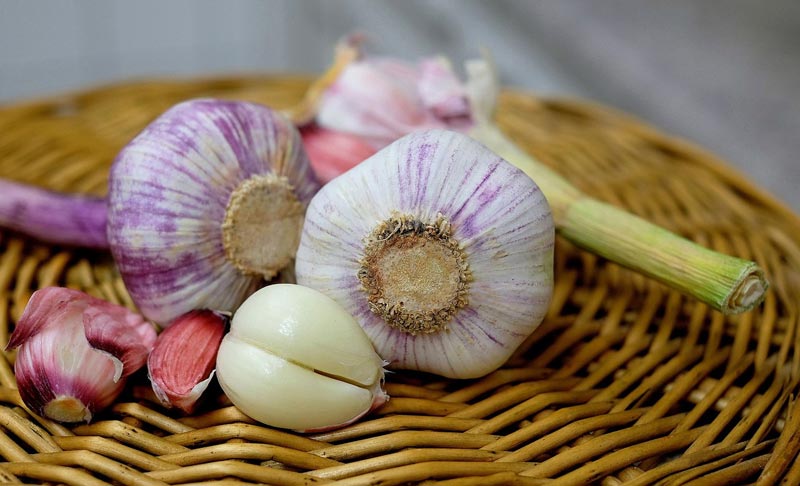
Fresh or jarred garlic contains selenium, which neutralizes free radicals that may damage cells. Garlic also supports maintenance of immune and prostate health.
Eggs

An egg contains lutein and zeaxanthin, which support maintenance of eye health and selenium that, like garlic, neutralizes free radicals. The vitamin A in eggs is also good for the eyes, boosts immune and bone health, and contributes to cell integrity.
Carrots
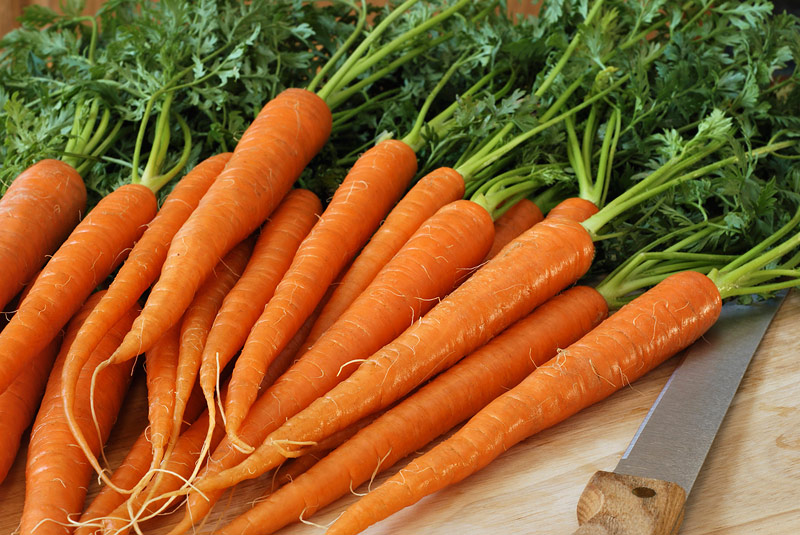
Carrots contain beta carotene, which neutralizes free radicals, bolsters cellular antioxidant defenses and can also be turned into vitamin A by the body. These vegetables also have the same lutein and zeaxanthin that eggs have for eye health, and they contain lignans that support maintenance of heart and immune health.
Olive oil
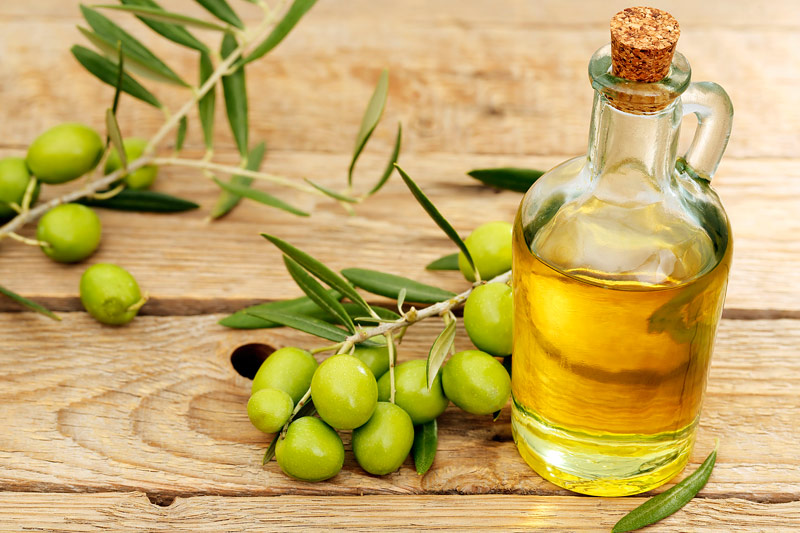
This Mediterranean staple contains monounsaturated fatty acids, which may reduce the risk of coronary heart disease.
Beans
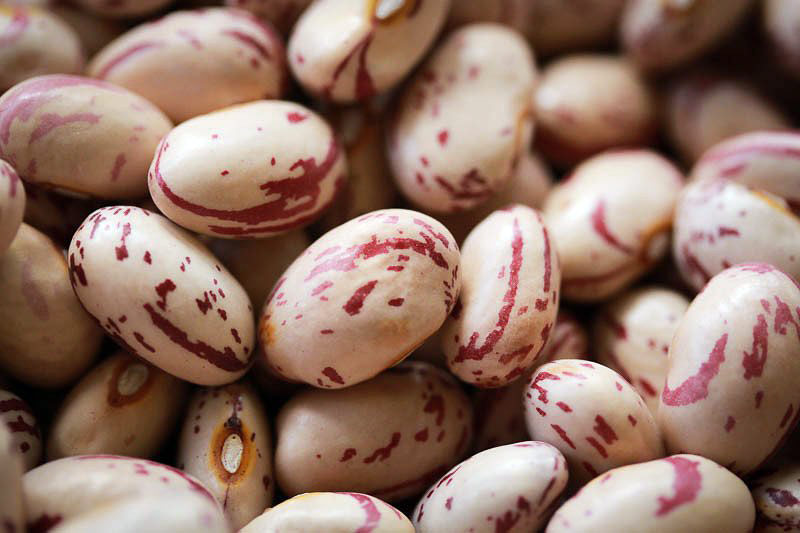
Dried or canned beans like black, pinto, kidney or white contain potassium, which may reduce the risk of high blood pressure and stroke — particularly in combination with a low sodium diet — and magnesium, which supports maintenance of normal muscle and nerve function, immune health and bone health.
Onions
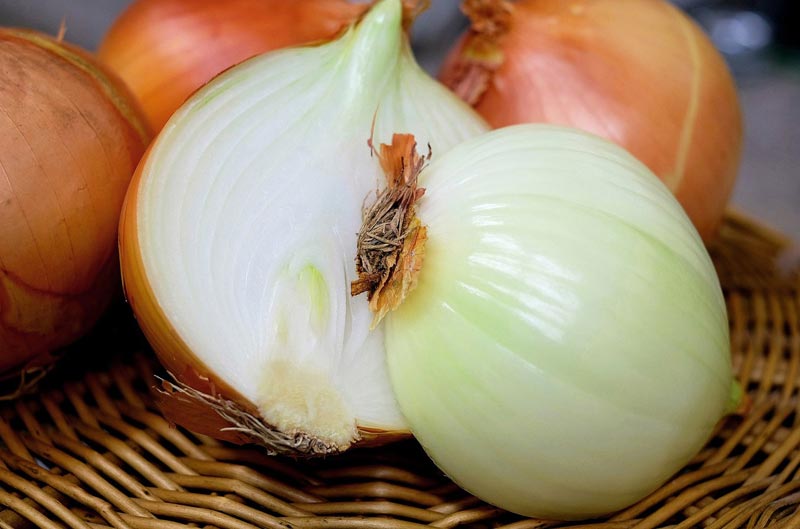
Onions contain inulin, fructo-oligosaccharides (FOS) and polydextrose, all probiotics that support maintenance of digestive health and calcium absorption. They also contain various flavanols that neutralize free radicals that may damage cells and bolster cellular antioxidant defenses.
Coffee

This oh-so-important morning beverage contains caffein acid and ferulic acid, which bolster cellular antioxidant defenses and also support maintenance of eye and heart health.




Leave a Reply